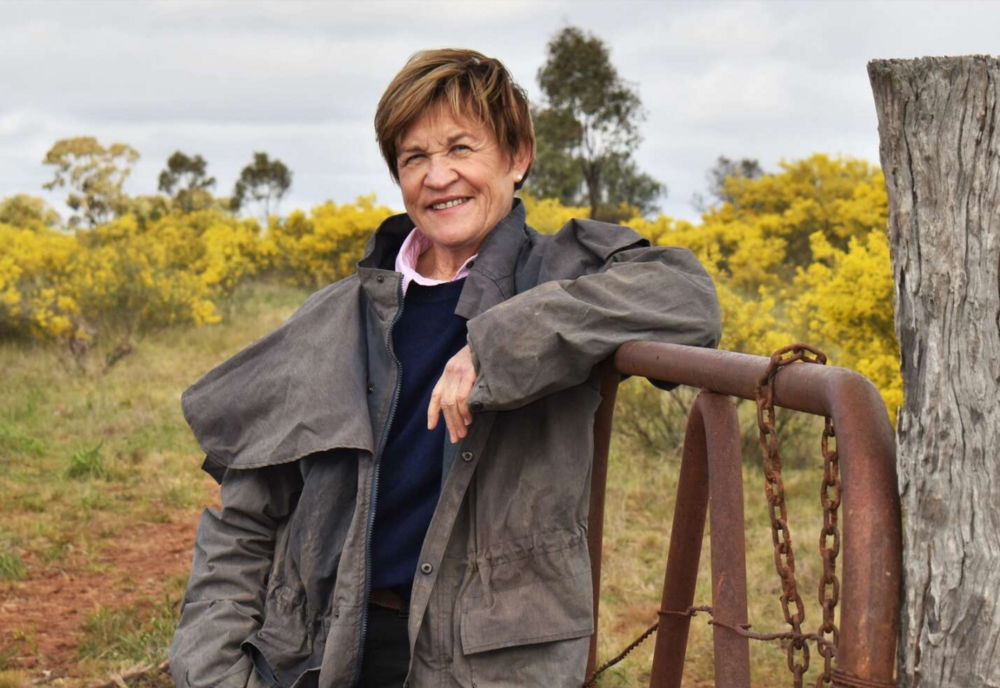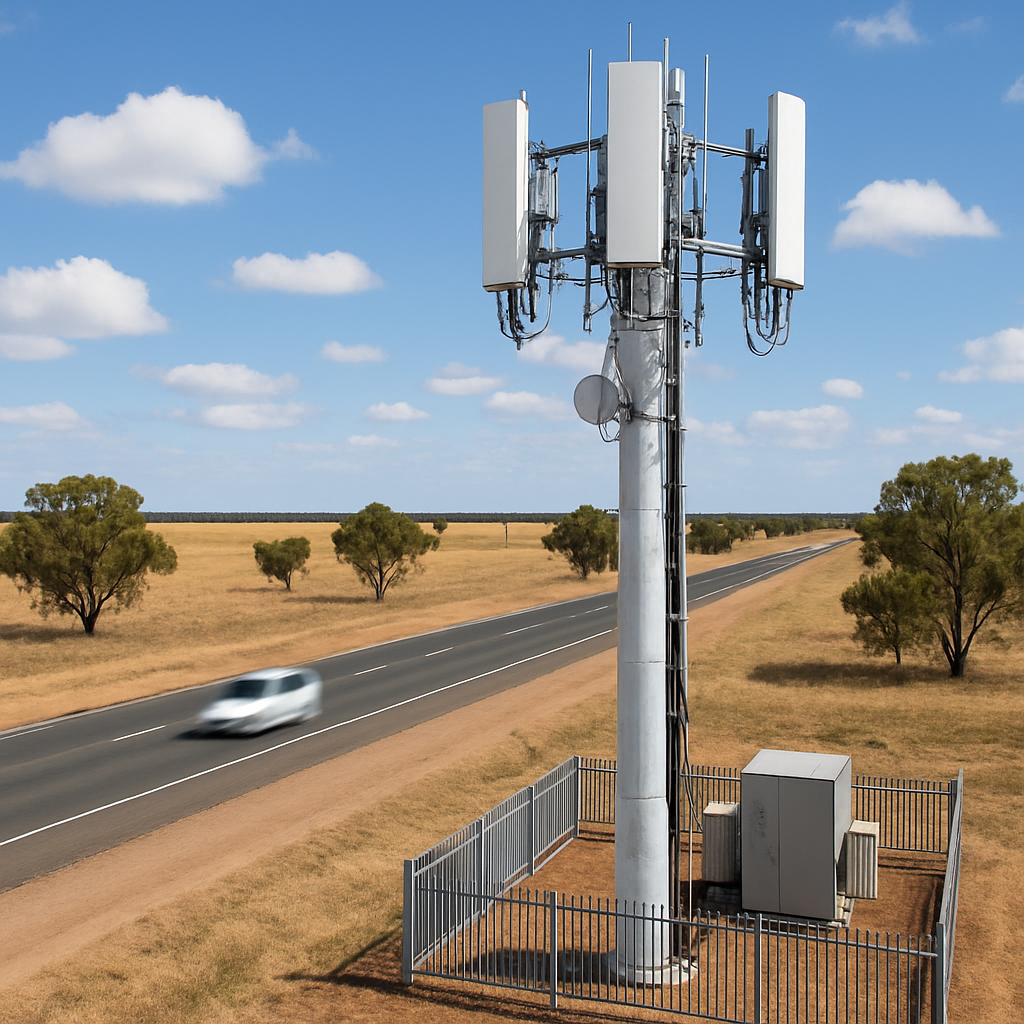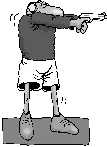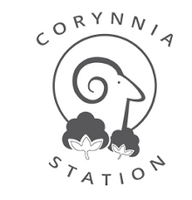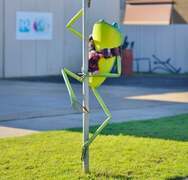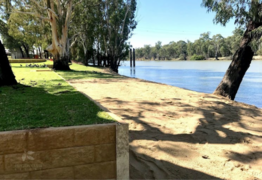Griffith man charged with interference with a drug dog
Kimberly Grabham
27 July 2025, 11:00 PM

A 62-year-old man has been charged with hindering police and animal cruelty after allegedly interfering with a drug detection dog during a weekend operation at a licensed premises in NSW, highlighting ongoing tensions surrounding the state's controversial sniffer dog program.
The incident occurred at 11:47pm on Saturday night when Murrumbidgee Police, accompanied by drug detection dog 'Trigger' and his handler, were conducting inspections at a club on Jondaryan Avenue as part of an operation targeting patron behaviour.
Police allege the man waved a condiment in the direction of Trigger, causing immediate discomfort to the animal. When officers approached to speak with him, the man allegedly repeated the behaviour before being removed from the premises.
The incident was captured on both police body-worn cameras and the venue's CCTV footage. The man will receive a court attendance notice for the charges.
The weekend operation that led to the Jondaryan Avenue incident saw several premises inspected and a number of patrons searched with positive drug detections, with several people removed due to their behaviour.
The incident comes as new data reveals significant questions about the effectiveness and cost of NSW's drug detection dog program.
Between January 2013 and June 2023, sniffer dogs prompted 94,535 general and strip-searches, yet nearly 75 per cent of these searches yielded no illicit drugs.
The program has cost taxpayers more than $46 million over the past decade, with annual operating costs increasing from $3.48 million to $4.95 million.
Each deployment requires between six and 10 additional officers to accompany every dog and handler team.
NSW Greens MP Cate Faehrmann, who obtained the figures through parliament, described the program as a "huge waste of police resources."
"The government cannot say that taxpayers are getting value for money, when the majority of indications result in no drugs being found, yet while causing so much angst and trauma," Faehrmann said.
The effectiveness of drug detection dogs has been questioned by Deputy State Coroner Harriet Grahame, who disputed police claims that the dogs were "about 80 per cent accurate."
Police Commissioner Karen Webb acknowledged at a budget estimates hearing that the 80 per cent figure included people who confessed to having taken drugs when confronted by a sniffer dog, not just successful drug finds.
Grahame has also warned that drug detection dogs could cause "panic-ingesting" - where people consume large quantities of drugs quickly to avoid being caught - and said evidence suggested they did not deter drug users from consuming drugs.
Strip-Search Concerns
The use of sniffer dogs is closely linked to the controversial practice of strip-searching, as police are legally allowed to search someone if they suspect they have illicit drugs.
A recent audit by the Law Enforcement Conduct Commission found only 30 per cent of strip-search records over the past two years showed officers had met the "seriousness and urgency" threshold to legally justify the searches.
Between 2013 and June 2023, sniffer dogs were deployed 20,477 times across NSW, prompting both general and strip-searches. The NSW police force has received 57 complaints about drug detection dog use over the past decade.
Government Response
Despite the statistics, NSW Police maintain that drug detection dogs are "very effective" and "regularly" find prohibited substances. Police Minister Yasmin Catley said she supported the use of sniffer dogs as a method of "reducing drug-related harm."
"Police cannot search someone just because a drug dog indicates, officers must also rely on observations, conversations with the person before determining whether or not to search," Catley said.
The Minns government has agreed to introduce a two-strike diversion scheme for people caught with small quantities of illicit drugs for personal use from early next year, but has rejected calls for pill testing, saying other reforms will be discussed at a promised drug summit next year.
NEWS
SPORT
RURAL
COMMUNITY
JOBS
VISIT HAY
VISIT BALRANALD
VISIT OUTBACK NSW
LOCAL WEATHER
